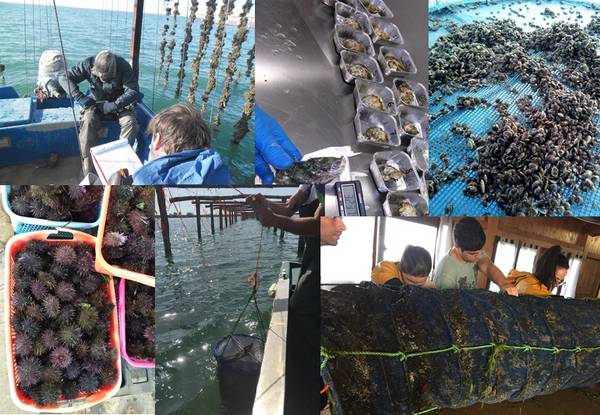
Seafood sustainability, production and control
The module aims at giving the students specific knowledge on productions and market of fisheries and aquaculture in Italy and all over the world, aquaculture systems and product. The description and characterization of the production systems will be addressed to the identification of the environment in which they work and the evaluation of the impacts on society and natural resources in view of environmental respect and sustainability.
Moreover, basic knowledge about the quality of different fish products, fresh, frozen or transformed, will be provided with regards to their nutritional value for human consumption, their organoleptic properties as well as hygiene and safety from a chemical and a biological point of view.
By means of specific activities developed actively by the students and supervised by the teacher, the module aims also to enrich the student with generic competences about critical thinking, communication and team working.
The module consists of two parts, which refer to Production systems and product quality (40 hours, Prof. Angela Trocino) and hygiene and control of safety of fish products (24 hours, prof. Luca Fasolato).
The module consists of direct lessons and practical activities to provide students with theoretical knowledge and main instruments to get specific competences in the evaluation of aquaculture systems and their management as well as in the evaluation of global quality of fish and fisheries products.
The practical activities include seminars, sessions of active learning, laboratories, and technical visits (at producing farms and fish markets) under the supervision of the teacher and with the assistance of external experts in aquaculture production and fish quality evaluation.
The course is held by two teachers: Prof. Marco De Liguoro, for the Pharmacology, Toxicology and Legislation module, and Prof. Daniela Bertotto for the Welfare module.
For the complete program, please consult the Syllabus






